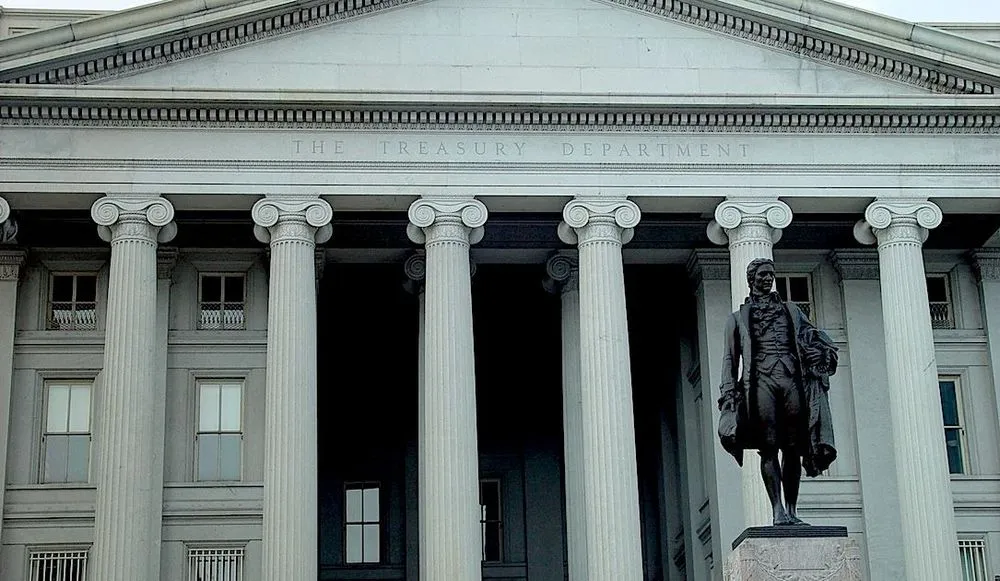US sanctions Russian and Iranian entities for interfering in presidential election
The U.S. Treasury Department sanctioned several entities on Tuesday for allegedly spreading disinformation in the lead-up to the 2024 presidential elections on behalf of Russia’s and Iran’s intelligence services.
The sanctions are the latest in a string of actions taken by the Biden administration to hold Moscow and Tehran to account for alleged election interference and for influence campaigns targeting American voters.
In September, the U.S. indicted three men affiliated with Iran’s Islamic Revolutionary Guard Corps on charges they were behind the hacking of former President Donald Trump’s campaign. That same month, the Justice Department indicted two employees of RT on charges of helping run a $10 million operation to covertly spread pro-Russian narratives to U.S. audiences.
In a statement on Tuesday, Treasury announced sanctions against the Moscow-based Center for Geopolitical Expertise (CGE), which was founded by Aleksandr Dugin, who was sanctioned in 2015 for his role leading an organization recruiting fighters for the self-proclaimed Donetsk People’s Republic (DPR) in eastern Ukraine.
The CGE “directs and subsidizes the creation and publication of deepfakes and circulated disinformation about candidates in the U.S. 2024 general election,” Treasury said. The organization works with a Main Intelligence Directorate (GRU) unit “that oversees sabotage, political interference operations, and cyberwarfare targeting the West.”
The agency also sanctioned the organization’s director, Valery Korovin, a well-known Russian nationalist.
According to Treasury, the organization used generative AI to pump out disinformation and to distribute it across a network of websites masquerading as legitimate news outlets.
“The GRU provided CGE and a network of U.S.-based facilitators with financial support to: build and maintain its AI-support server; maintain a network of at least 100 websites used in its disinformation operations; and contribute to the rent cost of the apartment where the server is housed,” they said.
Treasury accuses the organization of manipulating a video about an unnamed vice presidential candidate “in an effort to sow discord amongst the U.S. electorate” — a likely reference to a viral fake video of a former student claiming that Democratic vice-presidential nominee Tim Walz had sexually assaulted him during his teaching career. A Washington Post investigation based on leaked intelligence documents found that the likely propagandist behind the video was being supported by the CGE and reported directly to Korovin.
Treasury provided fewer details about the sanctioned Iranian entity, the Cognitive Design Production Center, a “subsidiary organization of the IRGC.” Since at least 2023, it has been involved in influence operations “to incite socio-political tensions among the U.S. electorate in the lead up to the 2024 U.S. elections,” they wrote.
Following the 2020 presidential election, the U.S. sanctioned the Iranian cybersecurity company Emennet Pasargad and five of its employees for alleged interference by hacking media outlets, stealing voter information, spreading disinformation and sending threatening emails to voters.
James Reddick
has worked as a journalist around the world, including in Lebanon and in Cambodia, where he was Deputy Managing Editor of The Phnom Penh Post. He is also a radio and podcast producer for outlets like Snap Judgment.


